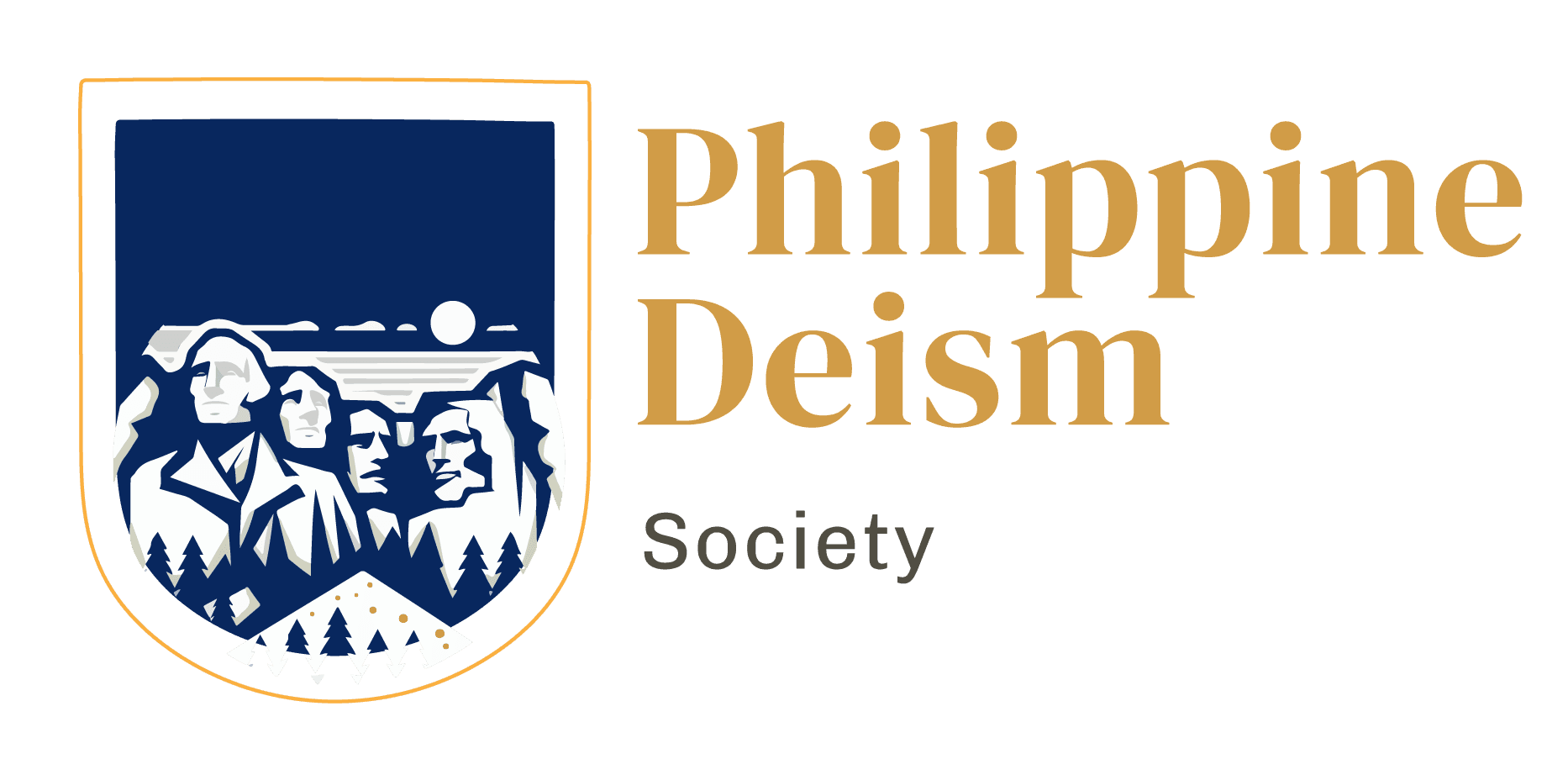
A question was asked, “What is the deist understanding of suffering in humans? What meaning is there for a child suffering with cancer for example?
My personal Opinion.
“A difficult question not only for the deist but for everyone else, including the most seasoned theologian, and the most spiritual among men. But unlike some people who look at suffering as divine judgment, the deist look at suffering, including illness and misfortune, NOT as the result of divine punishment or supernatural intervention but arises as a consequence of natural processes.
A child suffering from cancer is not experiencing a test of faith or divine retribution, whether from something he or his parents have committed. Rather, their condition is the result of biological factors—mutations, environmental influences, and genetic predispositions—all within the framework of nature’s order. The same laws that allow for life, growth, and healing also permit disease and decay.
While suffering is painful, it is also an opportunity for human beings to express compassion, wisdom, and scientific advancement. The existence of suffering does not negate the goodness of the Creator; rather, it challenges humanity to alleviate pain and improve the world through reason, medicine, discovery, and ethical action.
For the suffering child, the meaning may lie in the love and care shown by family and friends, the dedication of medical professionals, and the scientific pursuit of cures. The tragedy of disease has historically led to greater knowledge—cancer research, medical breakthroughs, and an increased sense of human empathy.
Deism emphasizes that the Creator has endowed humanity with reason and free will. Instead of waiting for divine intervention, it is our responsibility to use our intellect and resources to lessen suffering. This means fostering medical advancements, supporting those in pain, and living in ways that prevent unnecessary harm.
Ultimately, while suffering exists, it does not mean life is meaningless. The Deist sees in every struggle an opportunity to reflect, to improve, and to affirm the value of reason, compassion, and human effort in a world governed by natural law.”

